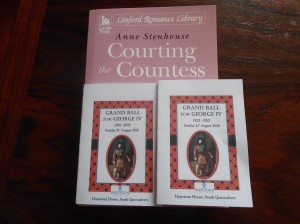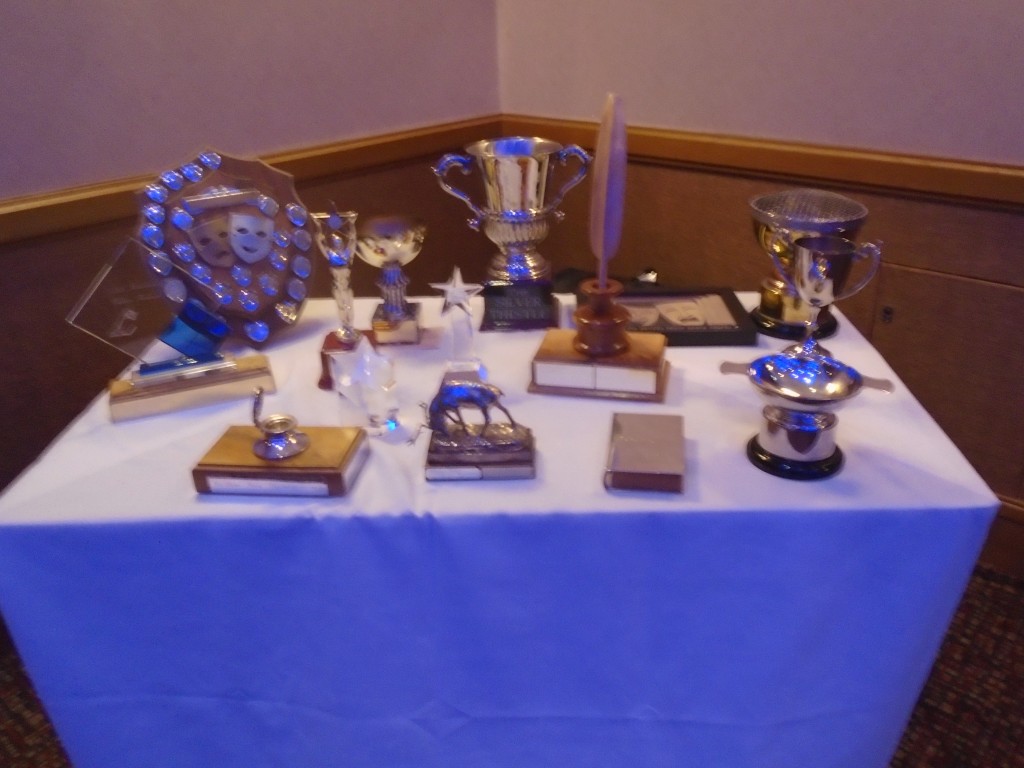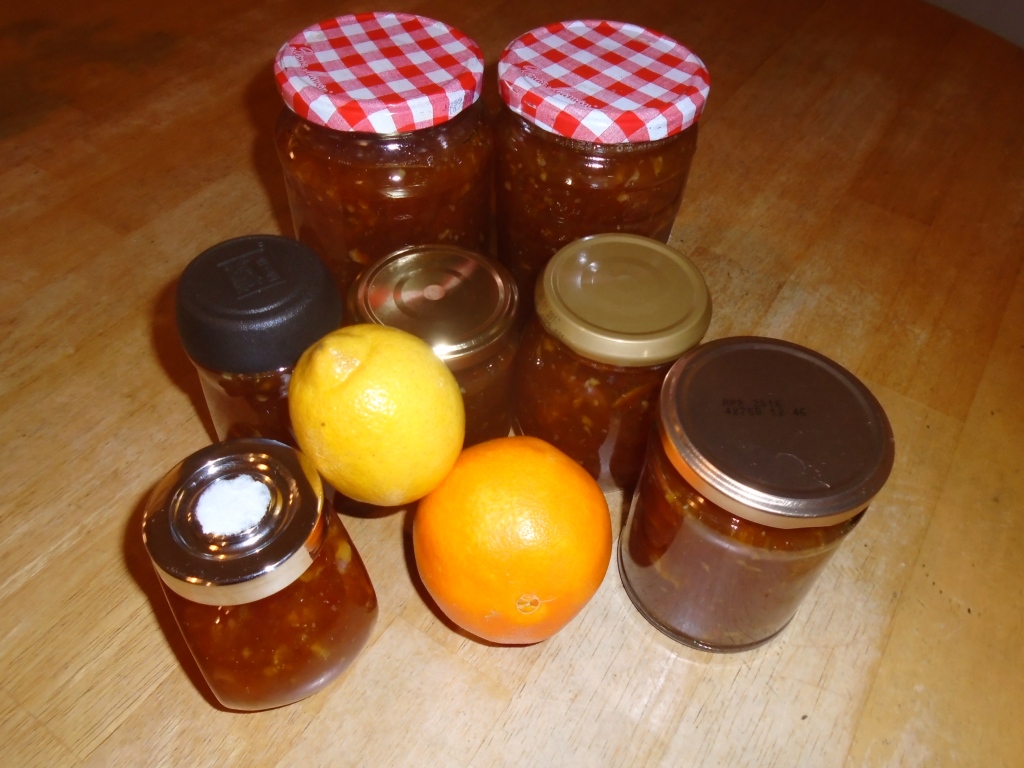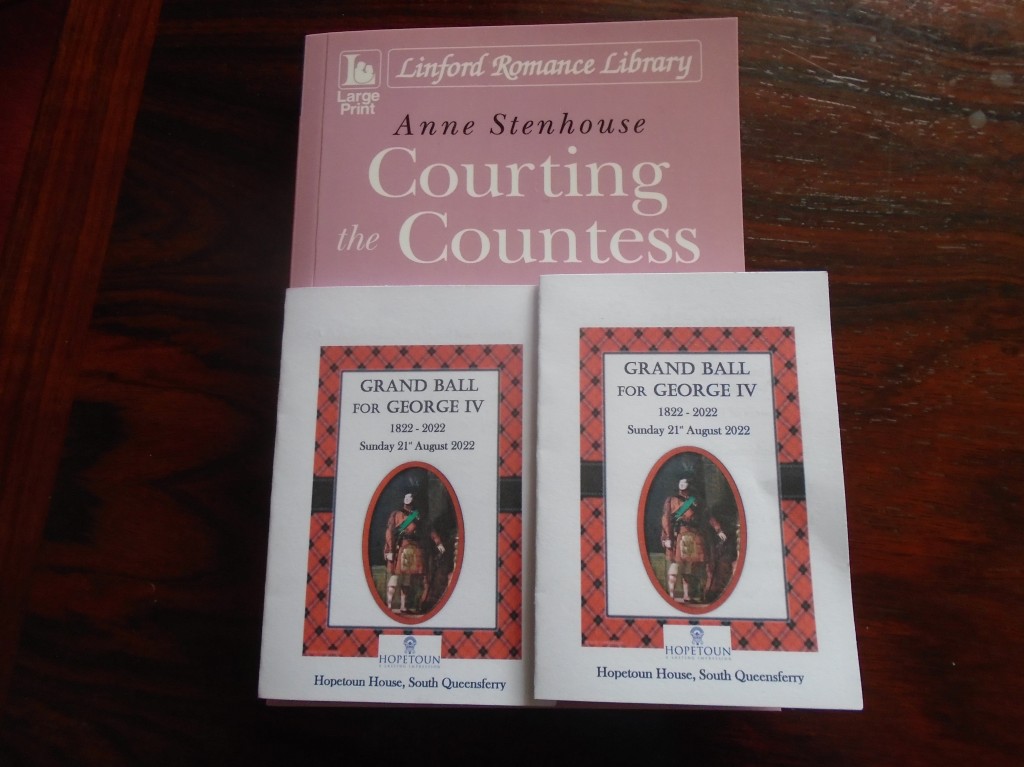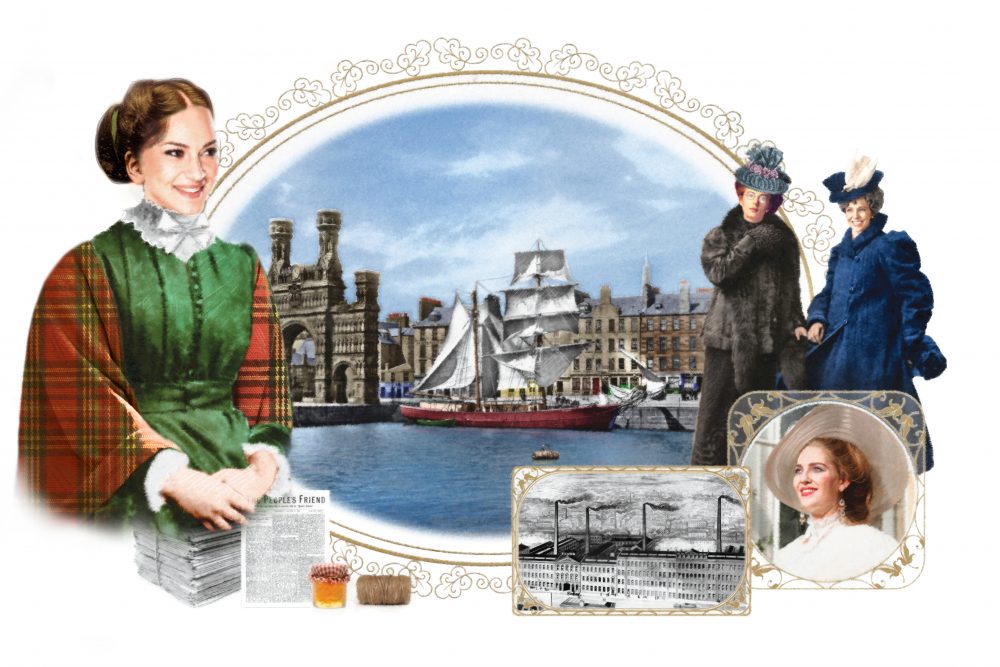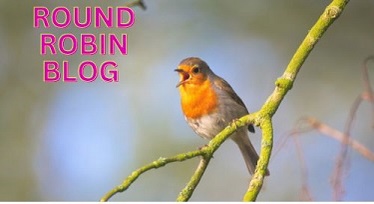
Skye has asked us to discuss: Research for your Novel – Love it or hate it? How important is it for your writing?
How important? Of prime importance. Do I love it? Yes. Do I hate it? Yes – sometimes, maybe…
Research is the foundation of all my novel writing. There’s no difference between historical and contemporary when it comes to getting the facts right.
I can’t believe that you need me to tell you about books, online sources, libraries, oral histories, phoning folk and institutions, newspapers, museums, paintings. You know that’s what writers and researchers do.
We call it work.
LOVE IT
So, what does research mean for my novel – or serial? Writing the most recent serial for DC Thomson’s People’s Friend, I wanted to show a character’s nervousness. I had her twiddle the button on her cardigan. I thought that was unassailable. Wrong. No pictures from the 1880s of women wearing cardigans popped into my head as I typed. Why? The humble cardigan hadn’t been invented is why. Two minutes research in Google and the cardigan had to come out and be replaced by the button on her skirt. Skirts had been invented by the 1880s!
What benefit does the author get from knowing that cardigans weren’t an option? The cardigan stays on the upper body and, if the buttons are closed, keeps one’s front warm as well as one’s back. Not having the cardigan option means the character needs a shawl and that’s a different set of physical behaviours. Shawls slip off the shoulders if not fastened in front or to an undergarment by a brooch or pins. A short shawl would perhaps leave the waist area exposed and chilled but a long one might tangle with one’s skirt and affect one’s gait. It could be slackened and used to cover the head in wind or rain. It could be used to make a bundle and carry stuff.
OF PRIME IMPORTANCE
In short, knowing is an integral part of understanding how the character lived. That’s what is of prime importance – How did the character live? How did they think? How did they speak – and to whom?
Research shows us the obvious, eg it took longer to get from Britain to Australia when the Suez Canal didn’t exist. And it shows us the subtle, eg with no public transport and limited access to private vehicles, most of the early nineteenth century population didn’t leave their birth area. One of the writing foibles I know I exhibit is wanting the characters to have a surname appropriate to their birth area or the birth area of their forbears. Hence the presence on my reference shelf of George Black’s erudite tome.
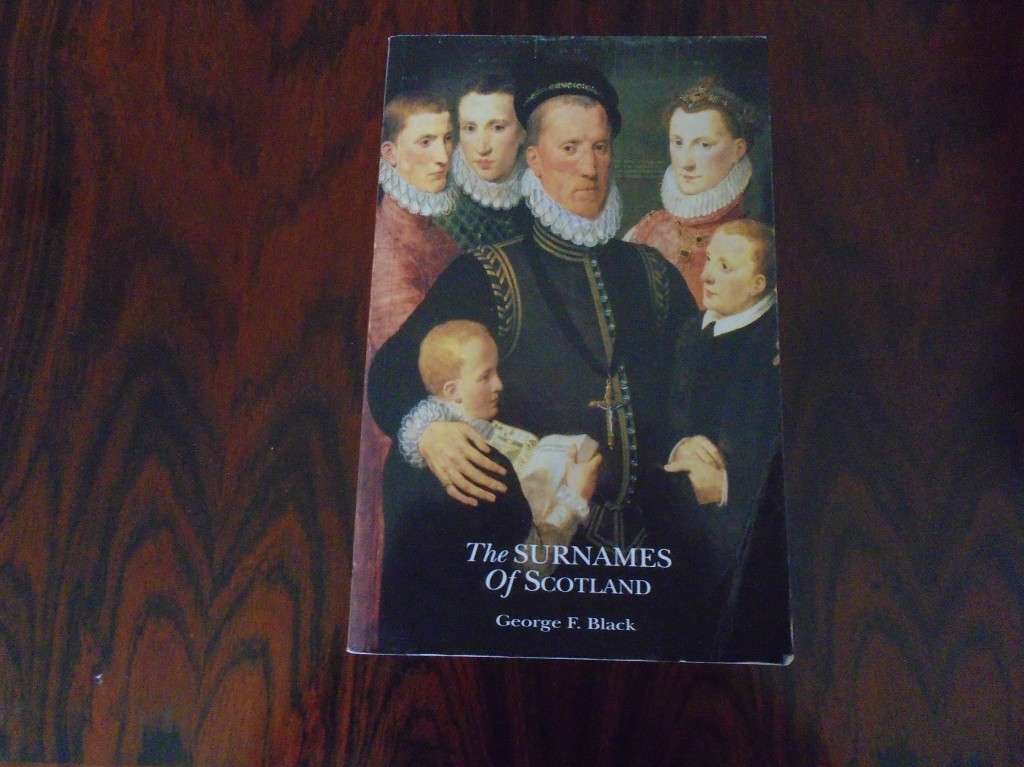
HATE IT?
There are the moments when you discover that a whole paragraph or even chapter is based on a mistaken idea or belief. That’s not good. It’s also the case that research is an endless field of rabbit holes and sliding into them for an hour or so is is beyond easy…
Do visit the blogs listed below to discover what my fellow robins think.
What areas of research do you, as a reader, regard as the most important for an author to have covered?
Anne
Victoria Chatham http://www.victoriachatham.com
Diane Bator https://escapewithawriter.wordpress.com/
Anne Stenhouse https://annestenhousenovelist.wordpress.com
Dr. Bob Rich https://wp.me/p3Xihq-398
Connie Vines http://mizging.blogspot.com/
Helena Fairfax http://www.helenafairfax.com/blog
Skye Taylor http://www.skye-writer.com/blogging_by_the_sea

